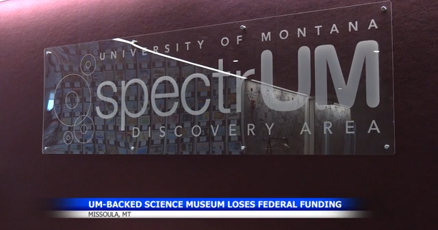
Antarctica, once the almost-exclusive domain of researchers and scientists, is now seeing an influx of adventure tourists and bucket-list travelers. As government funding for scientific missions has dwindled, particularly during the Trump administration, researchers have turned to alternative means to sustain their projects.
Tourists, drawn by the allure of Earth’s final frontier, are increasingly joining expeditions, often rubbing shoulders with scientists conducting crucial research in extreme conditions. While this growing trend brings additional logistical challenges to scientific work, it also offers a potential new revenue stream to fund critical studies threatened by budget cuts.
Scientists express mixed feelings about the changes, balancing gratitude for the financial support visitors bring against concerns over the environmental impact and logistical complications of hosting non-professionals in sensitive ecosystems. With environmental concerns and global climate change pressing more than ever, maintaining robust research efforts in Antarctica remains critical to understanding planetary health.
As the future of Antarctic exploration evolves, collaborations between the scientific community and private tourists may become an increasingly common and necessary model to ensure continued research in one of the world’s most vital regions.
Source: https:// – Courtesy of the original publisher.






